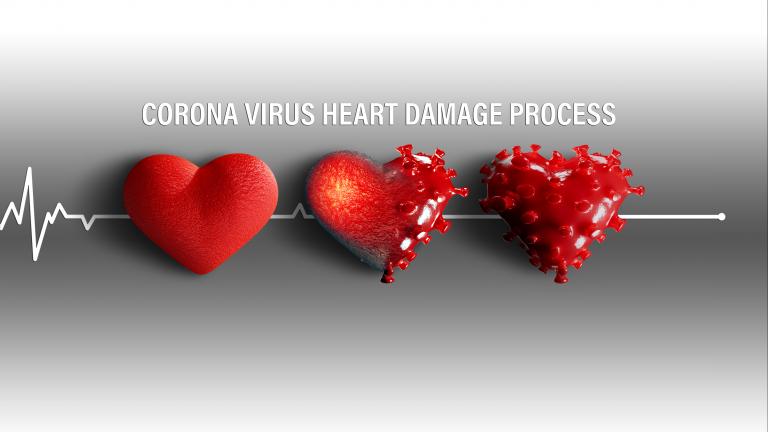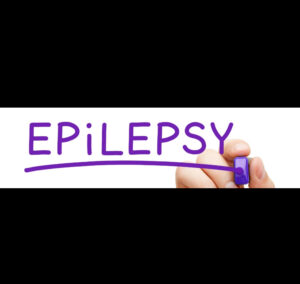If you’re one of the many people who’ve had COVID-19 and have recovered from it, a sigh of relief is in order. But you might not be entirely in the clear yet — it’s still important to watch out for long-term complications, especially when it comes to your heart.
It turns out that some people start to have heart problems weeks or even months after their COVID symptoms go away. This happens even to people who’ve had mild cases of COVID.
What’s the Connection Between COVID-19 and the Heart?
The virus that causes COVID-19 targets the lungs first — that’s why some of the most common symptoms relate to breathing. But the infection can spread to your heart.
The two most common heart related COVID complications are:
Myocarditis. This is inflammation of your heart muscle. It makes it hard for your heart to pump blood and beat regularly. Myocarditis is usually caused by a virus, like COVID. You could have myocarditis if you have:
- Pain in your chest
- Tiredness
- Trouble breathing
- An irregular heartbeat
If your myocarditis is mild, you might not have any symptoms at all. If it’s severe, it can weaken your heart and make it hard for your organs to get enough blood.
The best way to prevent COVID-related myocarditis is to get vaccinated against COVID. This way, if you come into contact with the virus that causes COVID-19, your body will know how to fight it before it can seriously harm you.
Blood clots. These are clumps of blood with a consistency like gel. They’re a natural way the body heals itself that help stop a cut from bleeding. But sometimes, they form when and where they shouldn’t. They can be dangerous when they get stuck in a vein and block blood from reaching your organs.
There are two main types of blood clots:
- Deep vein thrombosis (DVT): This type is usually in your arm or leg, but it can happen in other parts of your body.
- Pulmonary embolism (PE): This is a very serious blood clot in your lung.
Symptoms of DVT include:
- A swollen arm or leg
- A cramp or pain in your leg
- Discolored skin
- A warm spot on your arm or leg.
Symptoms of PE include:
- Trouble breathing
- Coughing up mucus with blood
- Irregular heartbeat
- Pain when you cough or breathe deeply.
If you think you might have a pulmonary embolism, call 911 or go to the emergency room right away.
If you already had a heart condition before your COVID infection, the virus could make it worse. While you’re not necessarily more likely to get COVID than people without a heart condition, you are at a higher risk for severe complications if you do get it. That’s why you should get vaccinated as soon as possible and not hesitate to see your doctor if you think something might be wrong.
When to See a Doctor
There are some signs that your COVID-19 infection may have affected your heart. Call your doctor or go to the ER right away if you have any of the following after you’ve recovered from COVID:
- Tiredness
- Trouble breathing
- Swelling
- Pain in your chest
If any of those symptoms are severe, head to the emergency room.
Is the COVID Vaccine Safe for Me if I Have a Heart Condition?
Absolutely. The Moderna, Johnson & Johnson, and Pfizer vaccines are safe and effective for people with heart conditions. The side effects won’t be any more severe for you than for people without one. Getting vaccinated against COVID is especially important for people with heart conditions.
If you’re vaccinated, you’re less likely to get infected with the virus. And if you do get infected, the chances are much lower that your infection will be serious or that you’ll need to be hospitalized.
Top health experts have a preference for the type of vaccine that you choose. They recommend that you get a vaccine made with mRNA (like the ones from Pfizer and Moderna) rather than the J&J vaccine, which is made differently. The recommendation is endorsed by the CDC and comes from the Advisory Committee on Immunization Practices, which reviewed the latest evidence on the effectiveness, safety, and rare side effects of the available vaccines.
But if you can’t get an mRNA vaccine or you don’t want to, you should get the J&J vaccine. Receiving any COVID-19 vaccine is better than being unvaccinated, experts say.
Could a COVID Vaccine Put My Child at Risk for Heart Problems?
The CDC is continually keeping tabs on how children and teens react to the COVID vaccine. So far, it’s rare for children to have heart complications, and the most severe cases have cleared up after a few days in the hospital. In general, a COVID infection is a much larger threat to your child’s heart health than vaccine side effects.
WebMD Medical Reference Reviewed by Jennifer Robinson, MD on January 23, 2022
Original Article – https://www.webmd.com/lung/covid-and-your-heart#1





